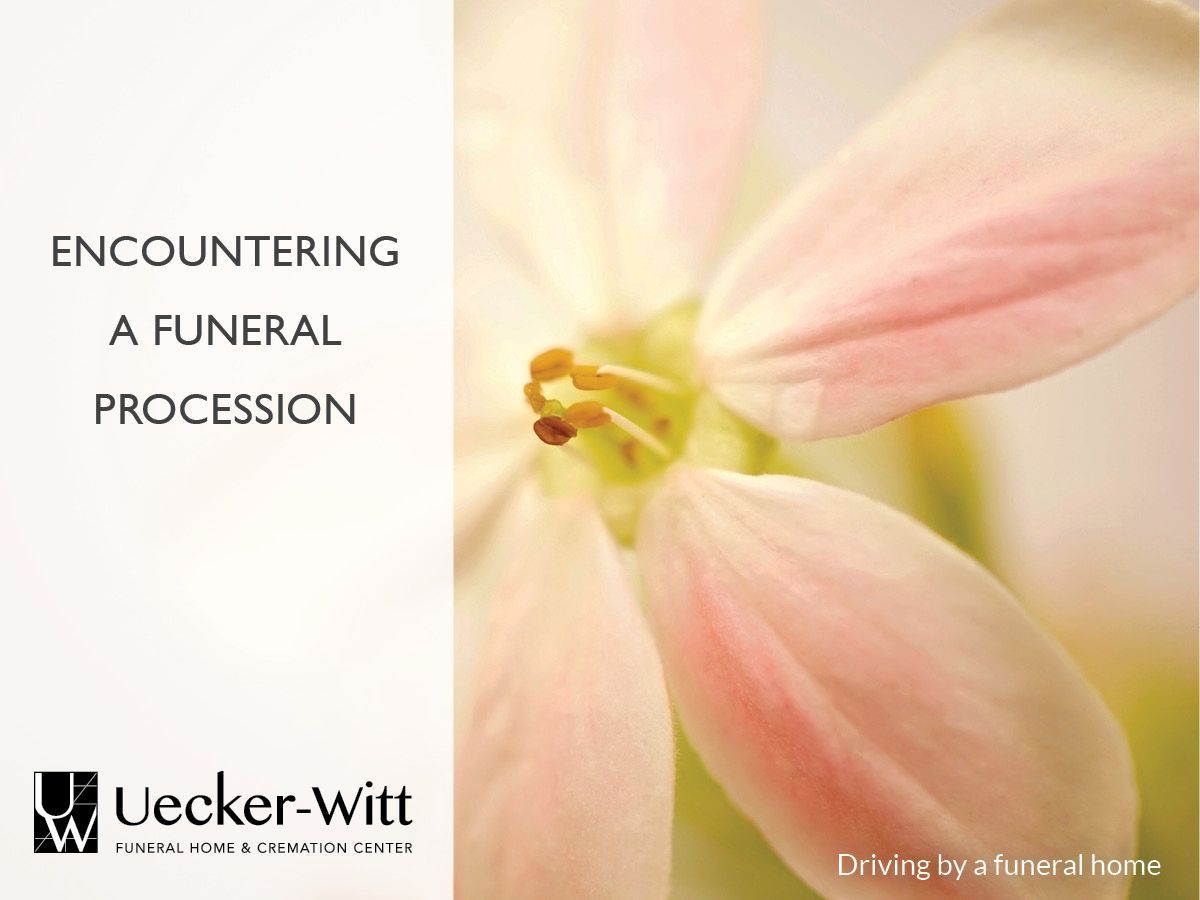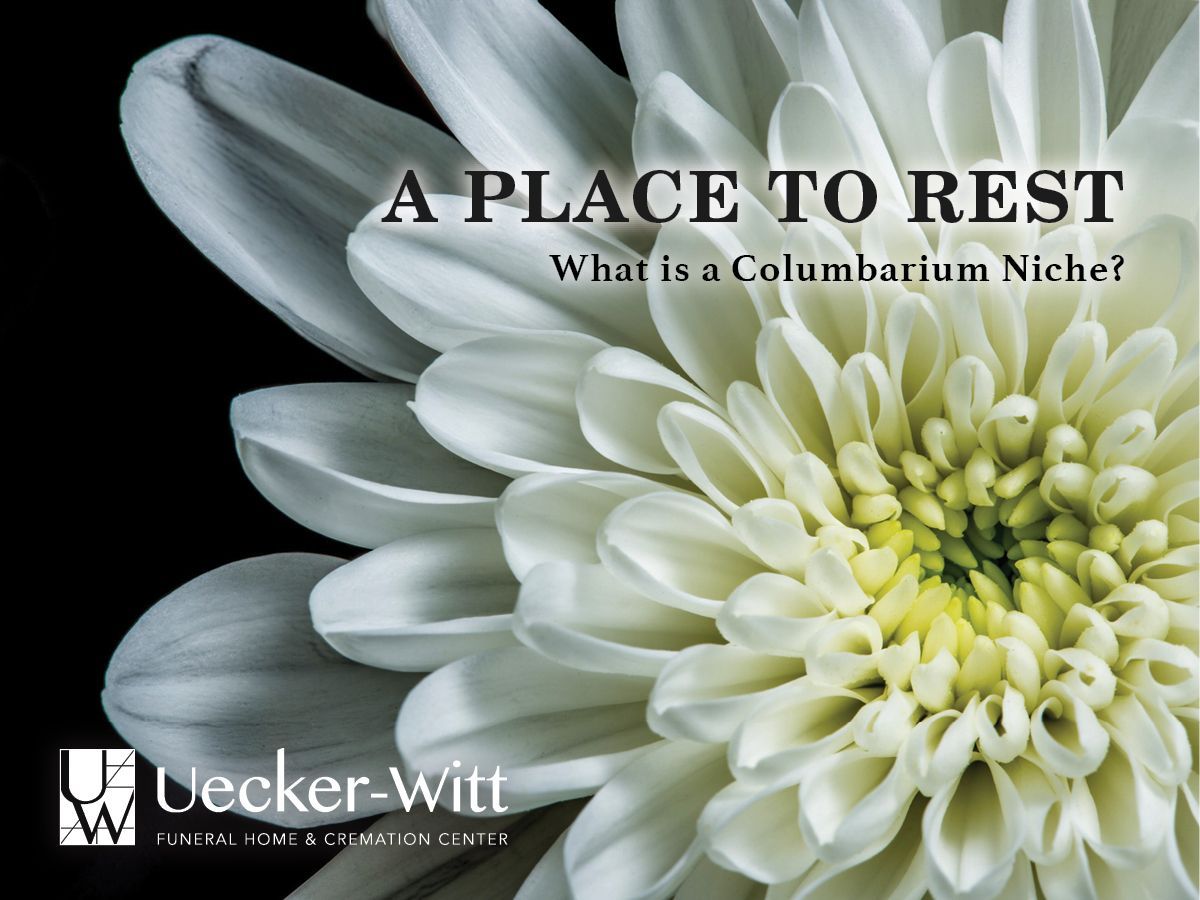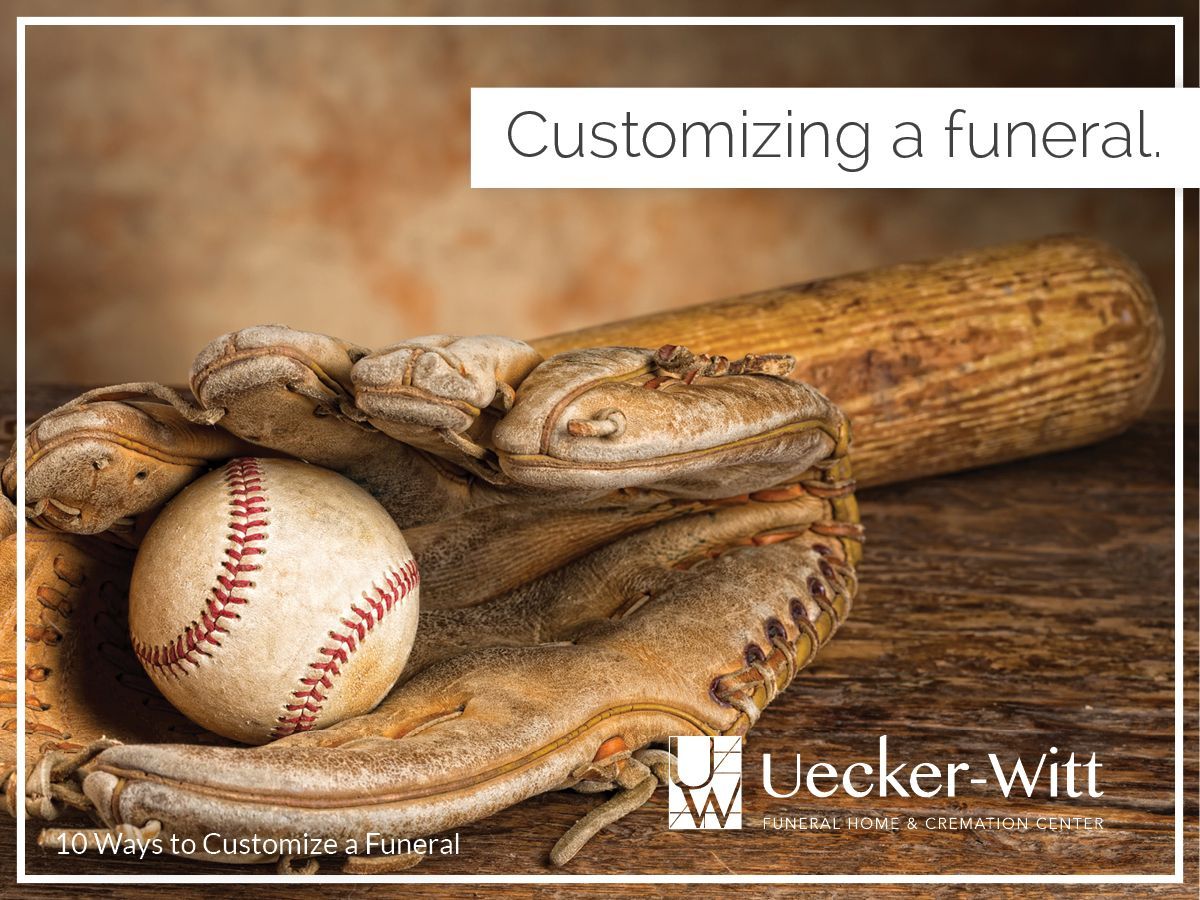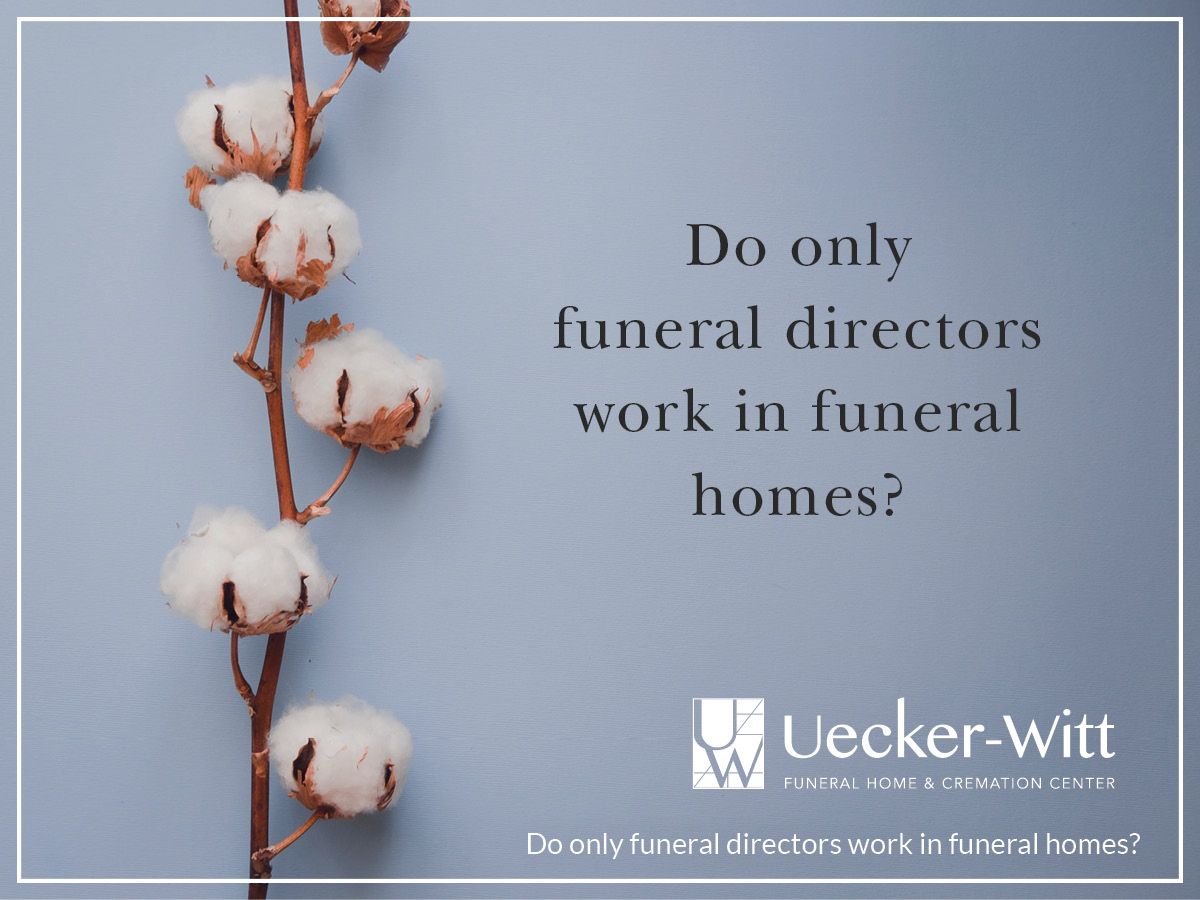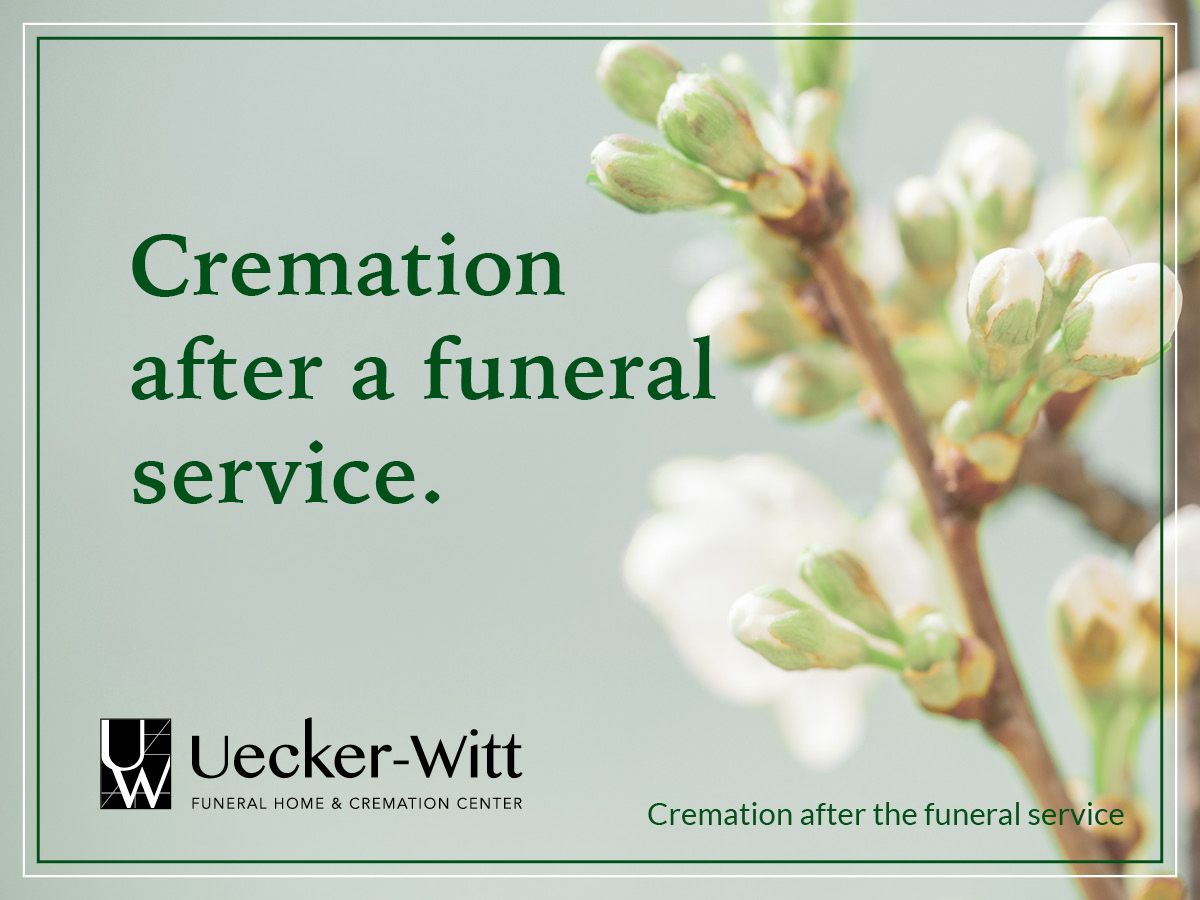Who Becomes a Funeral Director?
The funeral director is often the son or daughter of a funeral director. They grew up understanding the contribution the job brings to the community. Funeral directors are helpers. It’s more than just being understanding and compassionate. Funeral directors know what to do. They can guide a family that is in disarray due to a sudden loss of a family member. They know exactly where to begin when no one in the family has any idea what to do.
For the funeral directors who did not grow up in the business, they were drawn to the profession by their own memorable experience with loss. Having been comforted and supported by a funeral service themselves, they chose to enter the profession to help others. Funeral directors are helpers.
According to the National Funeral Directors Association , 16% of their member funeral directors are women. You can expect to see that number increase as 61% of current mortuary school students are female. Some suggest the increase in women entering the profession reflects changes taking place in the funeral service itself.
The idea of celebrating the unique life of an individual who has died opens unlimited possibilities. Today’s funeral directors are increasingly involved in coordinating with clergy and a whole host of family members and others to ensure the service reflects the life of the person who died. This planning and developing a personalized service is appealing to many women.
The profession has always taken care of the deceased, lifting that burden from families. Today’s directors still take care of the one who died, but the real emphasis is on helping the survivors begin a healthy grieving process.
Who becomes a funeral director? People who care, people who can lead, people who can mediate, people who are team players, people who quiet chaos. In short, people who help.
